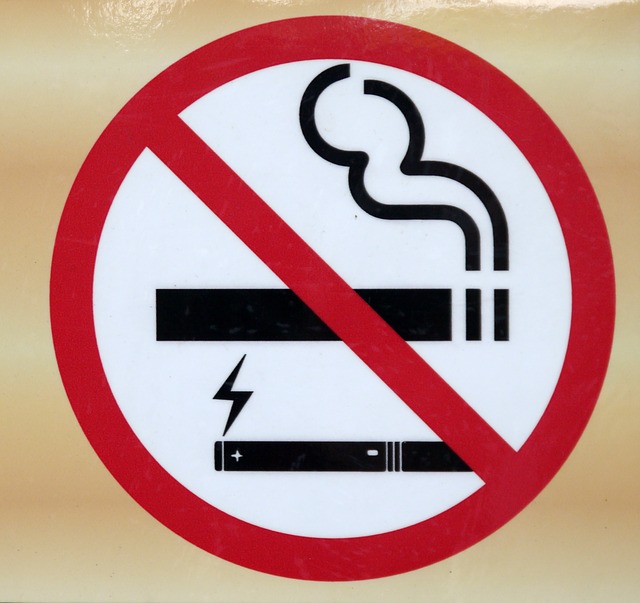Bangladesh was the first developing country to sign the WHO Framework Convention on Tobacco Control (WHO FCTC) in 2003. Two years later, in 2005, the government had passed the Tobacco Products (Control) Act in 2005, which was revised and amended in 2013.
Sadly following in the footsteps of neighbouring India, in 2019, a Bangladeshi health official had announced a plan to prohibit the sale and use of vaping products and other electronic cigarettes. The ban was to be incorporated in the new tobacco control policy, currently being drawn up by the government, said the official at the time.
The current tobacco law
Campaign for Tobacco Free-Kids Grants Manager Abdus Salam Miah, said while the existing tobacco control law was mostly compatible with the FCTC, there were still some inadequacies. “The law does not say anything about banning emerging tobacco products such as e-cigarettes, a new threat to public health, especially for adolescents and young people,” he said.
Salam added that specific regulations are required for tobacco warnings to be more effective. “As a result, illustrated warnings do not draw attention to the small wrappers of bidis and smokeless tobacco products,” he added.
Similarly, the Dhaka Ahsania Mission said that there are several impediments in the existing law that hinder tobacco control. For example, the current law allows people to smoke in public spaces such as on public transport and in certain restaurants’ areas. The Mission added, that displaying tobacco products at outlets and the sales of single cigarettes should be banned.
Decreasing smoking rates
On a positive note, the Global Adult Tobacco Survey (GATS) which was first conducted in Bangladesh in 2009 and repeated in 2017, had indicated that local adult smoking rates decreased from 43.3% in 2009, to 35.3% in 2017.
Read Further: Dhaka Tribune








